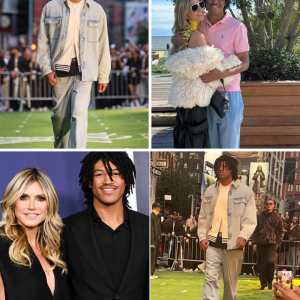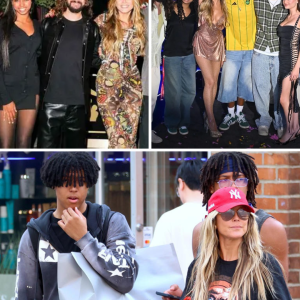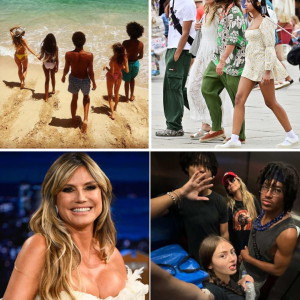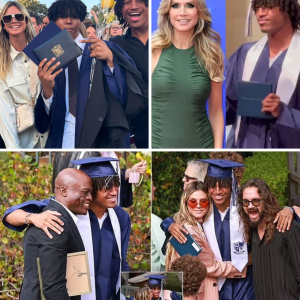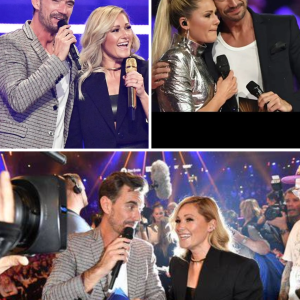Birdman WARNS Billionaire Jay Z For Not Picking Lil Wayne For Super Bowl Showz, Master P RESPONDS | HO
In a recent turn of events, the world of hip-hop and sports entertainment has been buzzing with controversy over the Super Bowl halftime show lineup. The primary point of contention centers around Jay-Z’s selection of Kendrick Lamar as the headliner, a choice that has not only sparked a heated debate among fans but also provoked a strong response from some of hip-hop’s biggest names. Among them, Birdman and Master P have emerged as vocal critics of the decision, with each artist weighing in on the matter in their unique way.
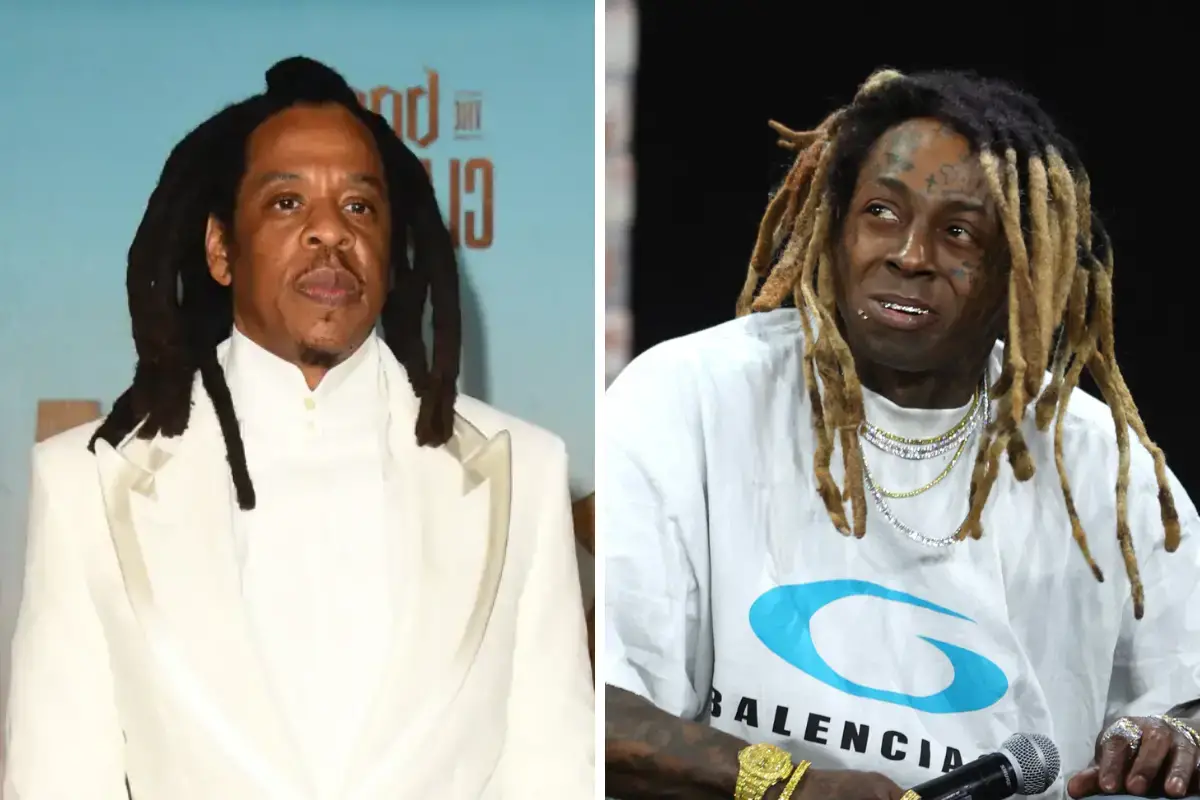
Birdman, a prominent figure in the hip-hop world and the longtime mentor and collaborator of Lil Wayne, has made his feelings about the Super Bowl halftime show selection clear. In a recent statement, Birdman expressed his disappointment and frustration over Jay-Z’s decision to feature Kendrick Lamar instead of Lil Wayne.
Birdman’s warning was both direct and impassioned. He criticized Jay-Z, who is known for his influential role in the music industry and as a key figure behind the Super Bowl halftime show’s curation, for not choosing Lil Wayne, whom he believes deserves the spotlight at such a major event. Birdman’s comments were underscored by a sense of betrayal, as he feels that Lil Wayne’s contributions to hip-hop and his status as one of the genre’s greatest artists warrant recognition on a platform as prestigious as the Super Bowl.
Birdman’s statement reflects a broader sentiment within the hip-hop community regarding the selection process for high-profile events. By calling out Jay-Z, Birdman is not only advocating for Lil Wayne but also questioning the fairness and transparency of the decision-making process behind such significant opportunities.
Lil Wayne himself has been open about his desire to perform at the Super Bowl halftime show. In an interview, Wayne expressed his longstanding ambition to headline the event, comparing it to achieving the pinnacle of success in the music industry. He spoke about how performing at the Super Bowl would be a milestone akin to seeing his name at the top of the Billboard charts—a testament to his achievements and enduring influence in music.
Wayne’s passion for performing at the Super Bowl highlights the significance of such opportunities for artists. For many, it represents the culmination of their career ambitions and a chance to showcase their talent on one of the world’s largest stages. Wayne’s longing for this recognition underscores the competitive nature of the entertainment industry and the high stakes involved in securing such coveted spots.
Master P, another influential figure in hip-hop, has also weighed in on the situation. Known for his business acumen and as a prominent voice in the industry, Master P has supported Birdman’s stance and added his own perspective on the matter. He echoed sentiments of frustration regarding the decision and emphasized the need for fair and equitable treatment of artists.
Master P’s response also brings attention to the broader implications of such decisions on the careers of artists. By supporting Lil Wayne and questioning the selection process, Master P is advocating for a more inclusive and representative approach to recognizing talent in the industry. His comments add a layer of complexity to the debate, highlighting the intersection of artistry, business, and recognition within the world of hip-hop.
The debate around the Super Bowl halftime show lineup has also been fueled by reactions from media personalities, such as DJ Akademiks. Akademiks has expressed his discontent with Kendrick Lamar’s selection over Lil Wayne, accusing Jay-Z and Rock Nation of favoritism and questioning the motives behind the decision.
DJ Akademiks’ outrage reflects a broader frustration among fans and industry insiders who feel that Lil Wayne’s achievements and status have not been adequately recognized. Akademiks’ comments about Jay-Z’s involvement and his critical view of the selection process highlight the contentious nature of such decisions and the passionate responses they can provoke.
The controversy surrounding the Super Bowl halftime show lineup sheds light on the complex dynamics of the music industry. Decisions about who performs at major events like the Super Bowl are often influenced by a range of factors, including industry politics, personal relationships, and public perception.
For many artists, performing at the Super Bowl is more than just a career milestone; it’s a reflection of their impact and influence in the industry. The selection process for such events can have significant implications for an artist’s reputation and future opportunities. As such, the debate over who should headline the Super Bowl halftime show is emblematic of the broader struggles and challenges faced by artists seeking recognition and validation in a competitive and often opaque industry.
